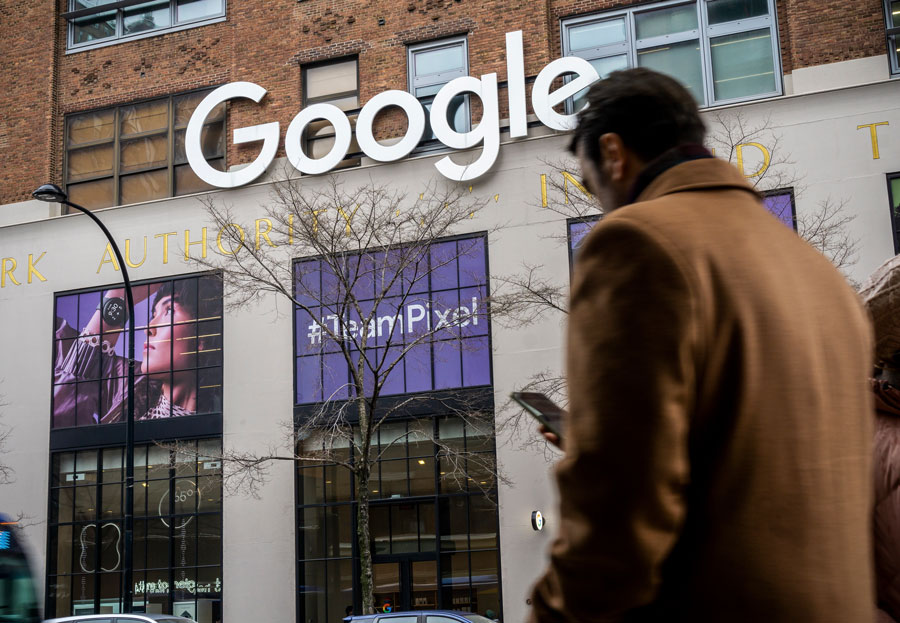Study Finds 89% of Tech Sector Employees Are Worried About Job Loss In 2024; 72% Uneasy About Impact of AI Growth

PALM BEACH, FL – The tech industry in the U.S. continues to experience a wave of layoffs. Companies of all sizes, from major tech corporations to startups, are undergoing organizational changes that are resulting in significant job losses. In the first two months of 2024 alone, approximately 50,000 employees were laid off by 193 companies. This trend has continued into March, with seven companies recently laying off close to 500 employees. The frequency and scale of these layoffs are causing concern among millions of tech professionals.
A recent report by AuthorityHacker sheds light on the growing anxiety among workers, particularly in the tech sector. According to the report, 54.58% of employees are increasingly worried about the possibility of losing their jobs. The highest levels of anxiety are observed among professionals in IT-Services and Data (89.66%) and Software Development (74.42%). This indicates that job security is a major concern for professionals in these fields.
The rise of Artificial Intelligence (AI) technology is also contributing to employees’ unease. The report reveals that 72.42% of workers surveyed are feeling uneasy about the impact of AI on their jobs in the next five years. Nearly half of the respondents (48.28%) fully agree that AI will indeed affect their job security. C-level executives (85%) and Directors (78.83%) express the most apprehension about the impact of AI on their roles.
The report also highlights that employees in larger companies, with 500-1000 employees, feel particularly vulnerable, with 74.33% perceiving a higher risk of job loss. Sectors heavily reliant on technology, such as Software (67.44%), finance (67.75%), and Human Resources (64.29%), express high levels of concern about job loss. Conversely, sectors involving human interpersonal interactions, such as education (43.04%) and real estate (44.68%), appear to be less concerned about the impact of AI on their jobs. The survey conducted by AuthorityHacker involved 1,200 full-time employees across the U.S.
Despite these concerns, it’s important to recognize that AI will not solely result in job displacements. In fact, the World Economic Forum predicts that AI could create as many as 97 million new roles by 2025. Therefore, acquiring AI skills will be crucial for professionals. Incorporating AI tools into daily operations, nurturing interpersonal skills like communication and empathy, building professional networks, and developing specialized expertise and personal branding will be key to adapting to the AI wave.
Numerous studies suggest that AI will augment rather than replace job roles, reinforcing the importance of upskilling in mitigating unemployment risks. By embracing AI and continuously developing new skills, professionals can position themselves to thrive in the evolving tech industry.
Artificial intelligence (AI) is not just popular now, it has actually gone through periods of boom and bust throughout history. In fact, there was a surge of interest in the field in the 1950s, but funding dried up in the following decades.
The true explosion in AI popularity came in the 2020s when machine learning techniques became more successful at solving complex problems, leading to real-world applications. Increased computing power also played a role when the development of more powerful computers allowed AI systems to process massive amounts of data.
These factors all came together to make AI a much more viable and powerful technology. As a result, AI applications began to be used in a wide range of industries, from healthcare and finance to manufacturing and transportation. This widespread adoption led to the explosion in AI’s popularity we see today.


